Russia’s Superjet 100 and Il-114-300 Passenger Aircraft to be Showcased for the First Time in Wings India 2026
With a view to strengthening ties between the two close friends, India and Russia, Moscow has provided India with its Superjet-100-cla
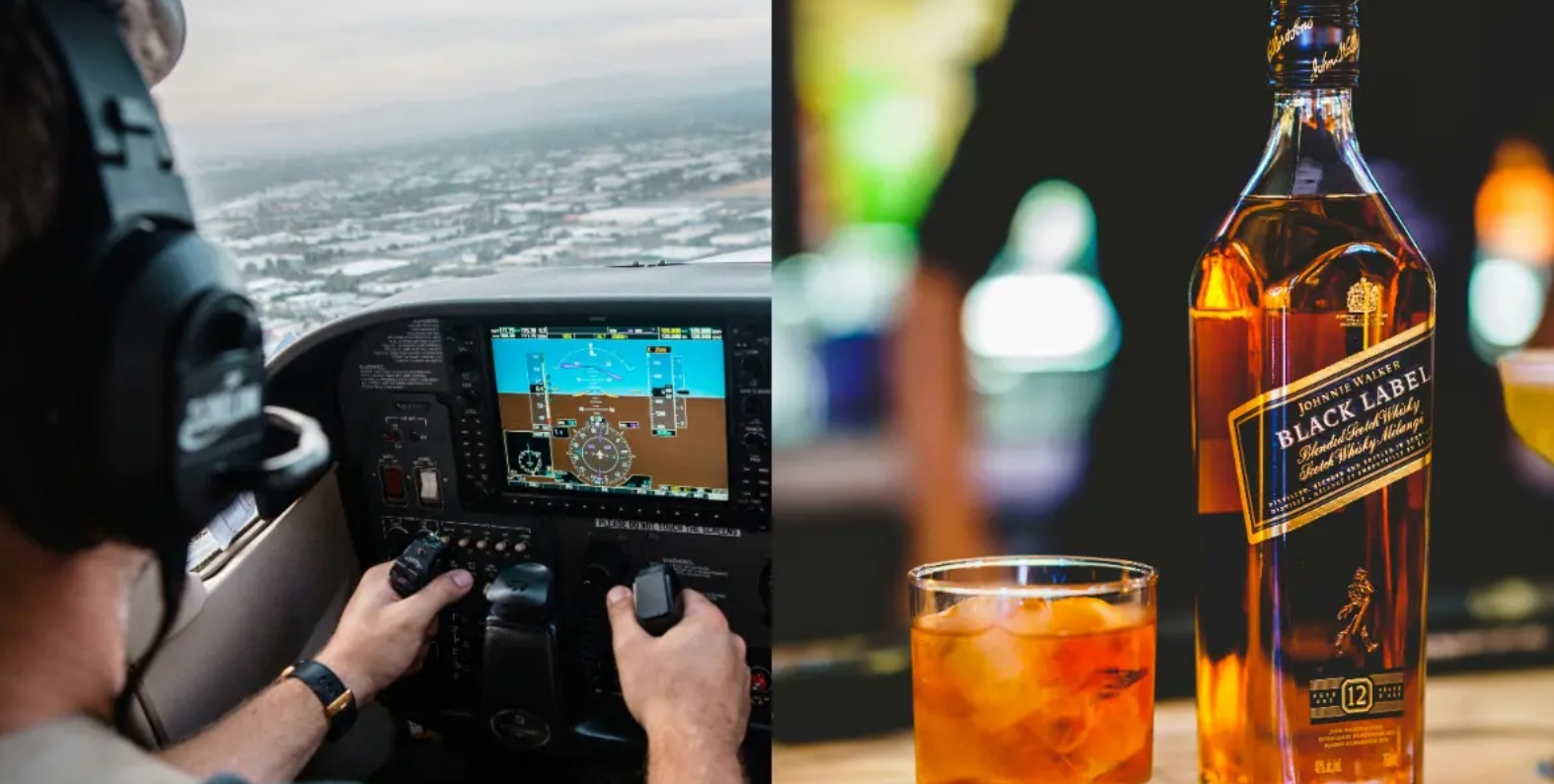
Aviation is an industry where safety holds utmost importance,not just in India but worldwide. To ensure the safety of passengers and all crew members present on the flight, the DGCA, the regulatory body for aviation activities in India, enforces strict regulations to guarantee that pilots and crew members are fit for aircraft operations, thereby ensuring passenger safety.
Amongst these regulations, the ones regarding the consumption of alcohol are the most important of all, as even slight negligence in these can have appalling consequences. This blog discusses the DGCA's alcohol-related policies, examining the basis behind these regulations, their implementation and their significance in maintaining aviation safety.
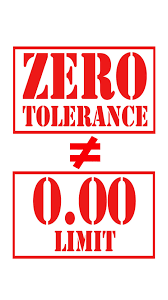
In India, the DGCA has a zero-tolerance policy regarding alcohol consumption for pilots and all other crew members. As stated by Rule 24 of the Civil Aviation Requirements Section 5 Series F Part III, no crew member shall have consumed alcohol within 12 hours of taking off on a flight. In layman's terms, this is called the "bottle-to-throttle" rule. Apart from that, pilots are not permitted to fly an aeroplane with any detectable blood alcohol concentration, regardless of the amount consumed.
This rule is followed in India, but if we talk about the rules pertaining to the consumption of alcohol in other countries, it is very different. For instance, the U.S. FAA permits a BAC of up to 0.04% and the EU lets up to 0.02%. A minimum of an 8-hour gap between alcohol intake and flight duties is required to be maintained under both regulatory bodies. In comparison, India's 12-hour constraint and complete BAC limit reflect the nation's commitment to aviation safety.
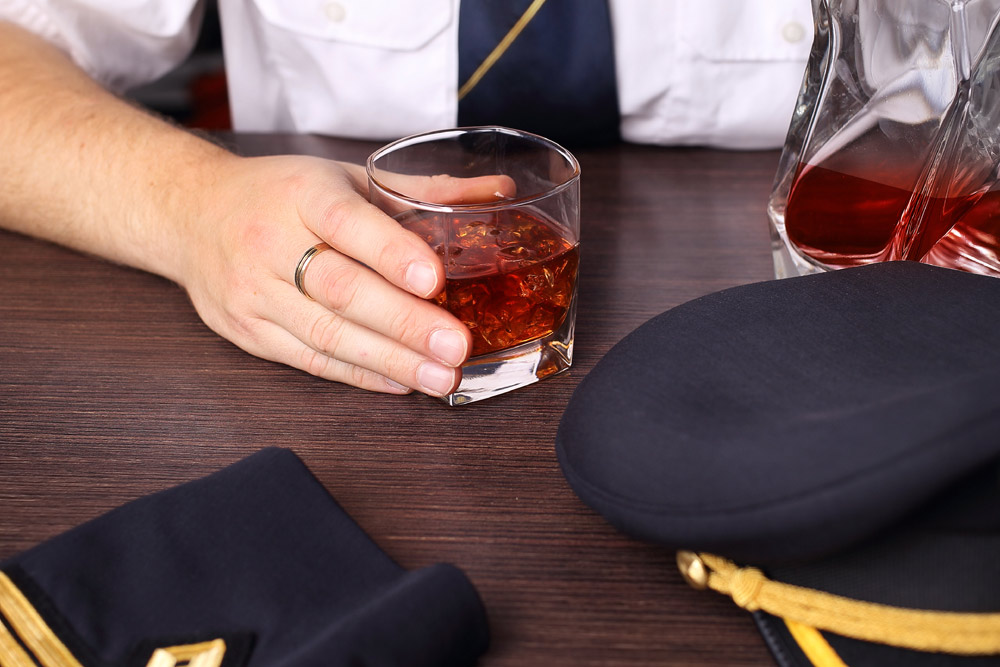
The strict alcohol regulations of the DGCA are based on the scientific understanding of how alcohol disturbs human physiology, mostly in terms of aviation. Even an insignificant amount of alcohol is enough to wreck the cognitive, motor skills and judgment and make them slow, to say the least.
All these functions are vital for taking a safe flight. Moreover, alcohol can aggravate the effects of hypoxia at high altitudes, in addition to compromising a pilot's capability to perform essential tasks while propelling an aeroplane.
Hangovers, which can persist for up to three days, also pose significant risks. Symptoms, such as exhaustion, dizziness, and reduced concentration, can affect a pilot's performance, even if their blood alcohol concentration (BAC) is zero. Therefore, the DGCA's policy ranges beyond the instant effects of alcohol to encompass the impairments related to hangovers.
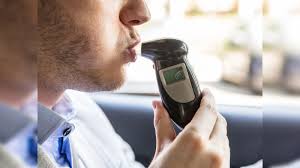
To impose these guidelines, the DGCA mandates regular alcohol testing for all crew members. Pre-flight breath analyzer tests are required at the first departure airport throughout a flight duty period. Moreover, post-flight tests are conducted at the first port of landing in India for all planned flights originating from destinations outside the nation.
The DGCA is also working to address false positives in breath analyser tests through several measures. For example, pilots are no longer permitted to use tooth gel, mouthwash or perfumes containing alcohol, as these can lead to inaccurate test results.
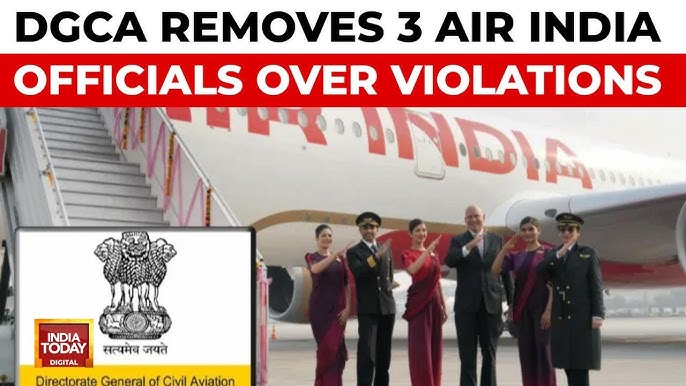
The DGCA has strict rules regarding penalties if a crew member is found violating the regulations regarding the intake of alcohol.
First-time offenders might face a three-month suspension from flying, while second-time offenders can be banned from taking part in flying activities for a period of up to three years.
If a person is found violating the rules for the third time, the flying license of the individual may be permanently revoked.
These strict consequences serve as a warning and underline the seriousness with which the DGCA treats alcohol-related offences. The ultimate purpose is not just to punish the people who do not abide by the regulations, but also to reinforce the significance of sobriety in aviation operations.
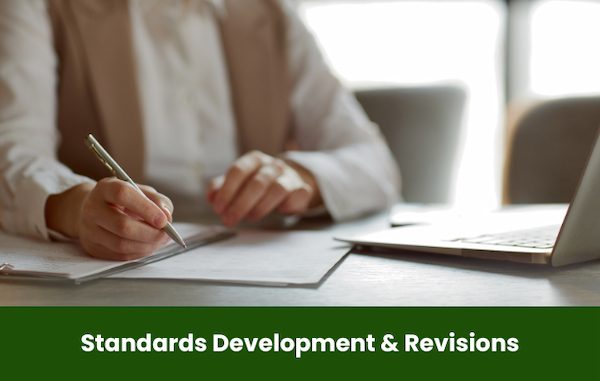
Recently, the DGCA has updated its rules to address the challenges and improve aviation safety. For example, in November 2023, the DGCA revised its norms to ban the use of mouthwash and tooth gel containing alcohol, following instances where such products led to positive breath analyzer test results. These revisions replicate the DGCA's practical approach to safety, ensuring that all regulations and guidelines are relevant in justifying the risks associated with alcohol consumption among flight personnel.
India's aviation sector has established a robust regulatory framework that prioritizes the security and safety of all passengers on flights. The DGCA's strict policies on alcohol consumption for pilots demonstrate its commitment to safe flight operations. With a zero-tolerance approach to alcohol consumption, the DGCA implements stringent testing protocols and takes decisive actions for violations, ensuring that aviation operations in India are among the safest in the world.
With the evolution of the industry, these regulations must be revised to cope with the new challenges while upholding the core principle of safety. The DGCA's proactive stance in updating its policies sets a benchmark for other countries and reinforces the significance of safety and sobriety in aviation.
DGCA's alcohol-related regulations are integral to protecting the lives of people on flights and maintaining public trust in the aviation sector. By adhering to these standards, India is able to uphold its reputation for excellence in aviation safety.
If you want to become a pilot and succeed in the world of aviation, you must be aware of all the rules and regulations laid down by the DGCA, including guidelines for alcohol consumption during flights. It is always better to enroll in an aviation academy to learn about the titbits of aviation. Want to learn from the best? Then there is no need to go beyond Flapone Aviation, one of the top aviation and drone training institutes in India.
Connect with our aviation mentors to find the right path toward becoming a licensed aircraft pilot.